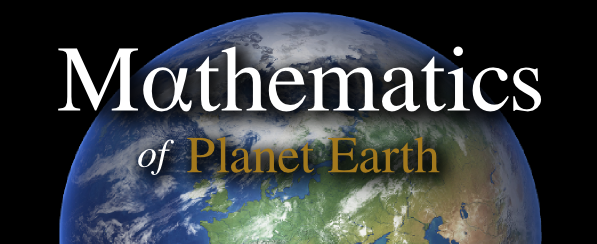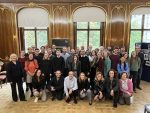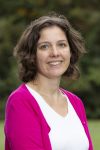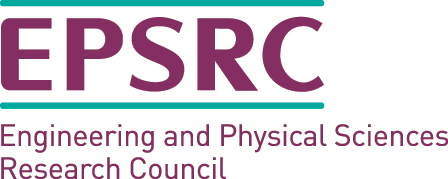The Mathematics of Planet Earth Centre for Doctoral Training is pleased to announce its 2021 summer school.
This forecast verification virtual summer school will consist of lectures (with theory and practical assignments) and a group project component.
The lecture component will consist of approximately two hours of lectures each day, followed by practical assignments. Participants are expected to have some computational ability in either R, python or Matlab, for performing the assignments independently and remotely, since there will be limited TA support. The lecture component will be supplemented by group projects, expanding on the assignments. Participants will be grouped into teams (a mix of CDT and other students) who will work together on computational projects that are designed to complement the lecture material and can be done at whatever time is convenient for the team. On the final afternoon of the week, the teams will each give presentations based on their project.
The School is coordinated by Dr Barbara Casati (Environment and Climate Change Canada) and Prof. Ted Shepherd (University of Reading).The lectures and practical assignments will be given by leading experts of the WMO/WWRP Joint Working Group on Forecast Verification Research (JWGFVR, https://community.wmo.int/wwrp-jwgfvr), together with an international group of colleagues from US universities and research institutions.
The School will run from June 21-25, 2021 inclusive. Scheduled activities are expected to occur between 10am and 5pm UK time. The detailed schedule of lectures is being finalized and will be available in due course. Topics will include:
•Basic concepts in forecast verification
•Experimental design
•Meta-verification concepts and inference
•Continuous and categorical scores
•Probabilistic and ensemble verification
•Spatial verification methods
•Verification of high impact weather
•Verification on sub-seasonal to seasonal (S2S) timescales.
The School is primarily aimed at MPE CDT graduate students in mathematics and in weather and climate science. The lecture component of the School is open to a wider audience (up to a maximum of 40 students), including University research scholars, independent scientists, and scientists in weather and climate services. We ask potential participants to indicate their interest by May 22nd, sending an email to Professor Jennifer Scott (jennifer.scott@reading.ac.uk),stating their name, surname and institution, and giving brief details of their current PhD topic / research / work tasks, together with a statement explaining how they would benefit from attending the School. A limited number of places for the project component of the School are available for particularly motivated students.Successful applicants will be informed by early June.






